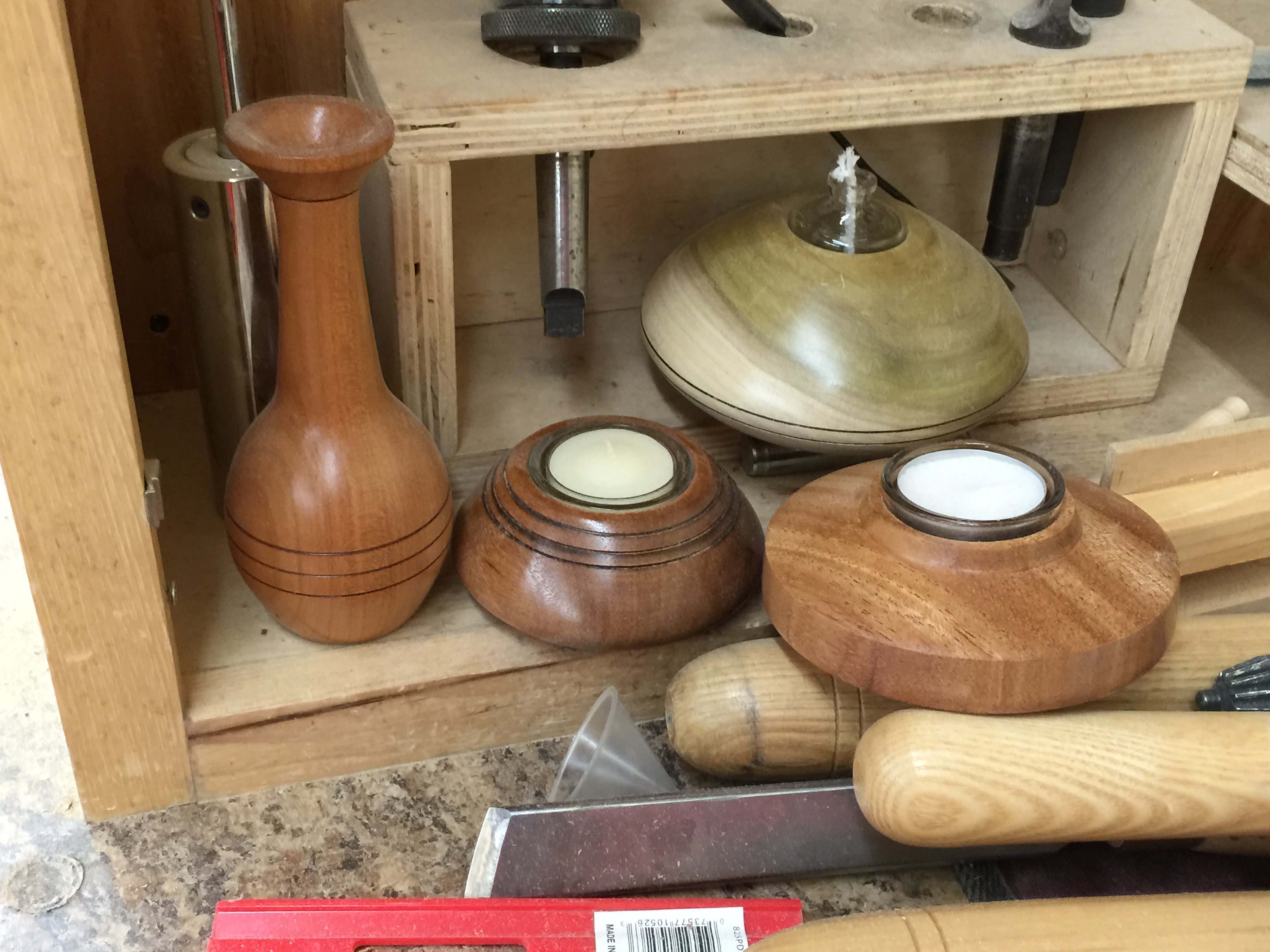
14 Apr As the Wood Turns
I spent the previous week at the John Campbell Folk School in Brasstoown, NC. The experience was a quasi-vacation with my mother as well as a longstanding obligation to check out what she believes is a truly special place. Three days removed, I have to say that I totally agree; John Campbell is a school unlike any other that I would highly recommend that everyone, regardless of age or crafting knowledge, attend at least once in their life. Besides, who wouldn’t want to go to “school” during a holiday break?
The John Campbell Folk School, founded in 1925 by Olive Campbell who named the institution after her late husband, offers weekend and week-long courses on trades that range from weaving to blacksmithing to stained glass art. While I was there, enrollees took classes on woodcarving, painting, and mosaics to name just a few. The instructors were all experts in their particular fields, some of whom came from across the country to teach as well as take courses from others.
The class that I took was woodturning. With little previous woodworking experience and no knowledge of a lathe, I was definitely a noob but so were the rest of my classmates. Nobody knew a lick about the process, machinery, or techniques that we learned throughout the week. Interestingly, over half of my classmates were teachers or former instructors who were spending time at this school during their K-12 school’s spring break. More on that later.
I won’t go into the details of everything that I learned. However, I will say this: I don’t believe that I have ever been more frustrated and loved every minute of it. I ruined countless wood “blanks” during the morning sessions, left the workshop in the afternoon feeling deflated, and returned in the evenings to work until 9 or 10 PM. The weird thing was that my sentiments were both felt and expressed by nearly everyone in the class. We were all frustrated each day but everyone came back, after hours, to try to perfect the project that we started (vases, bowls, pens, and wooden candle holders).
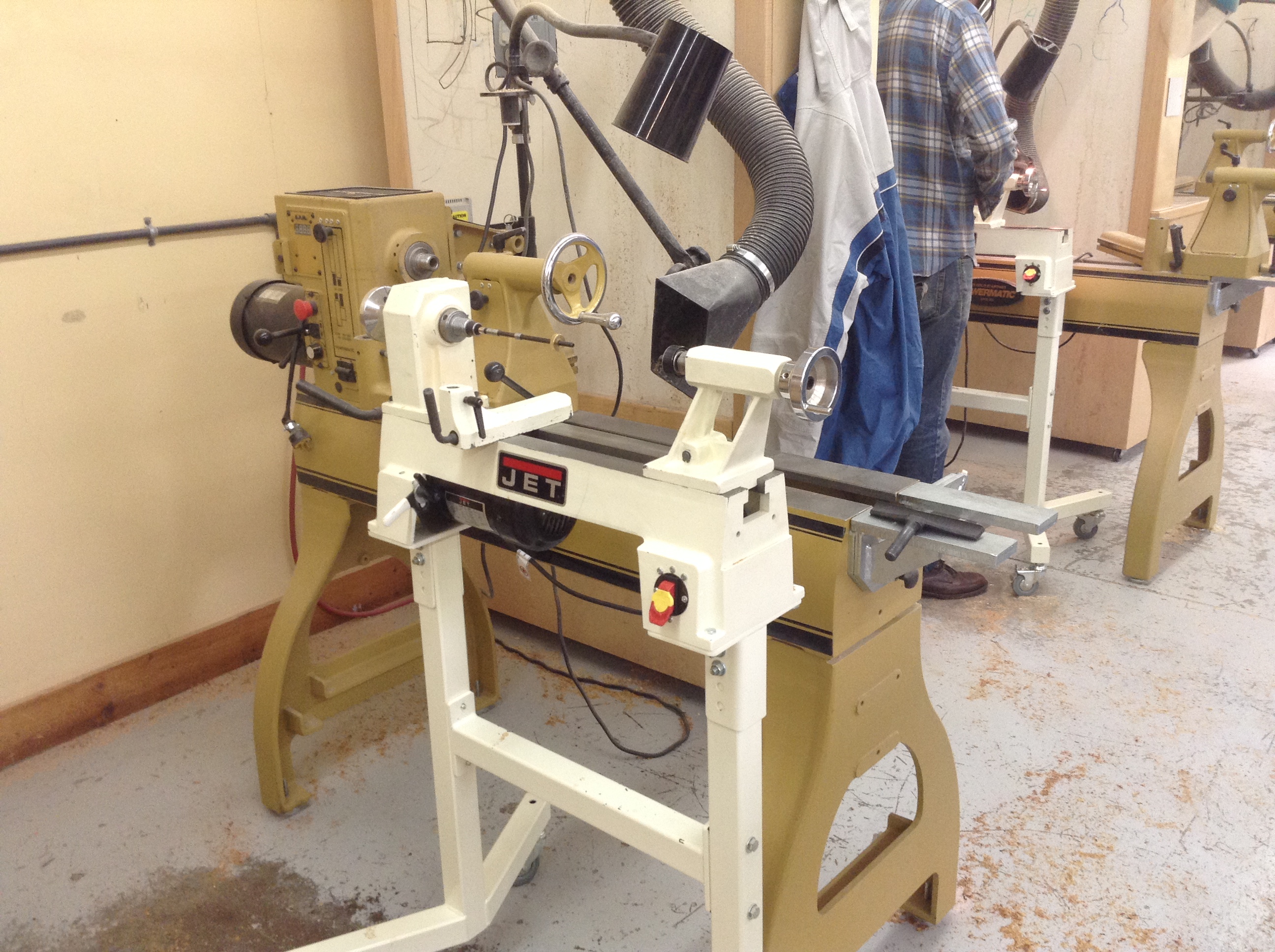
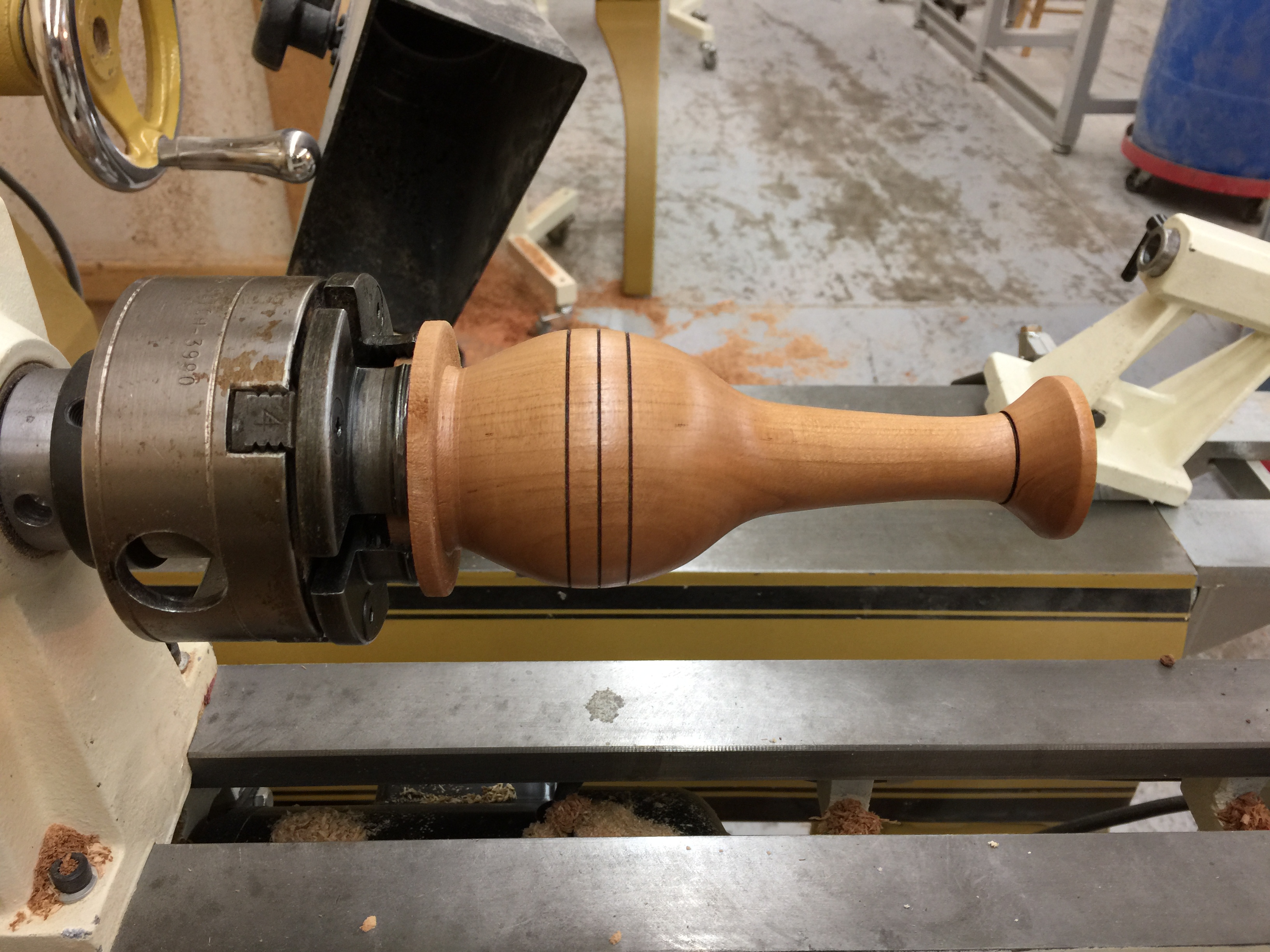
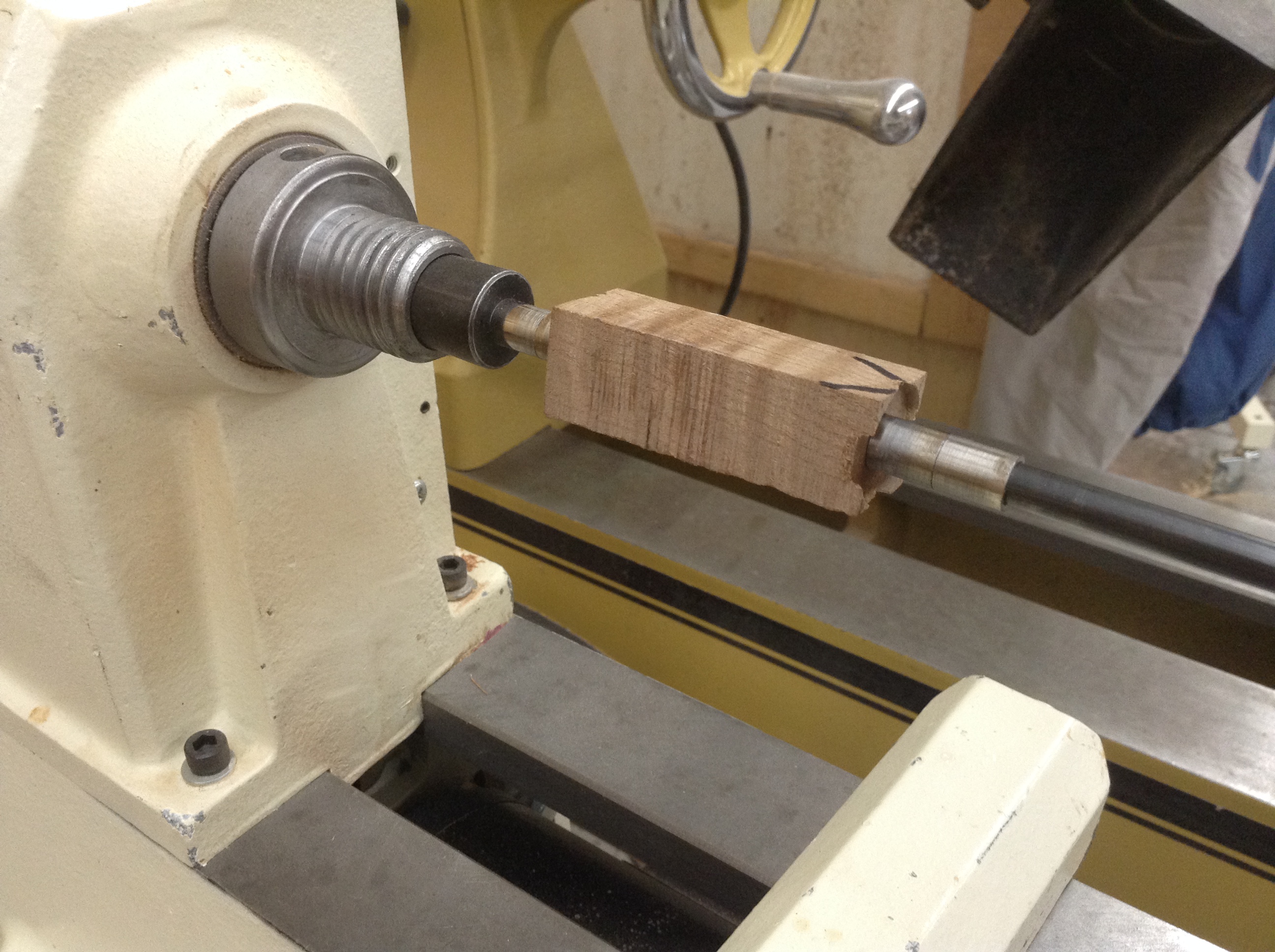
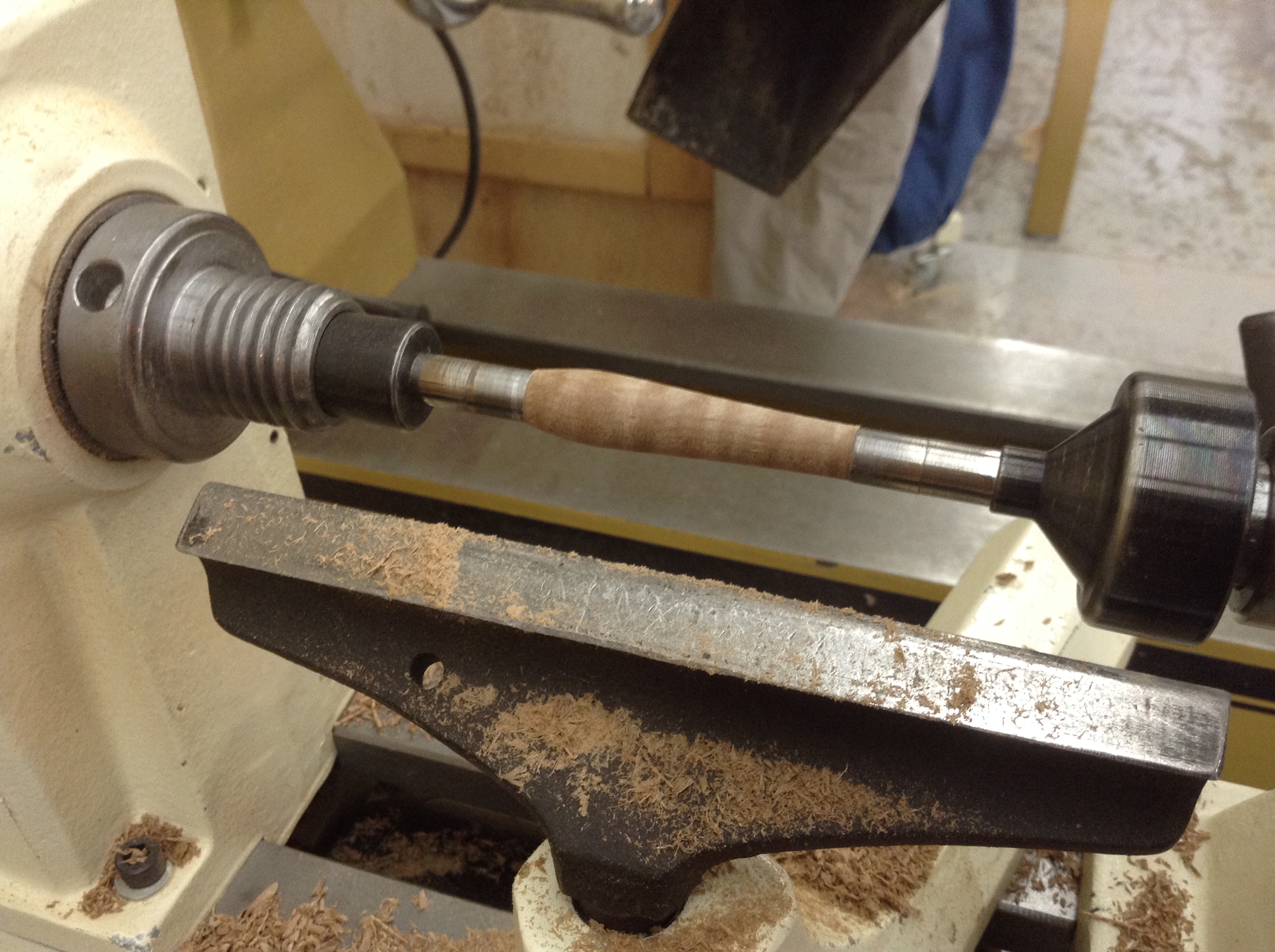
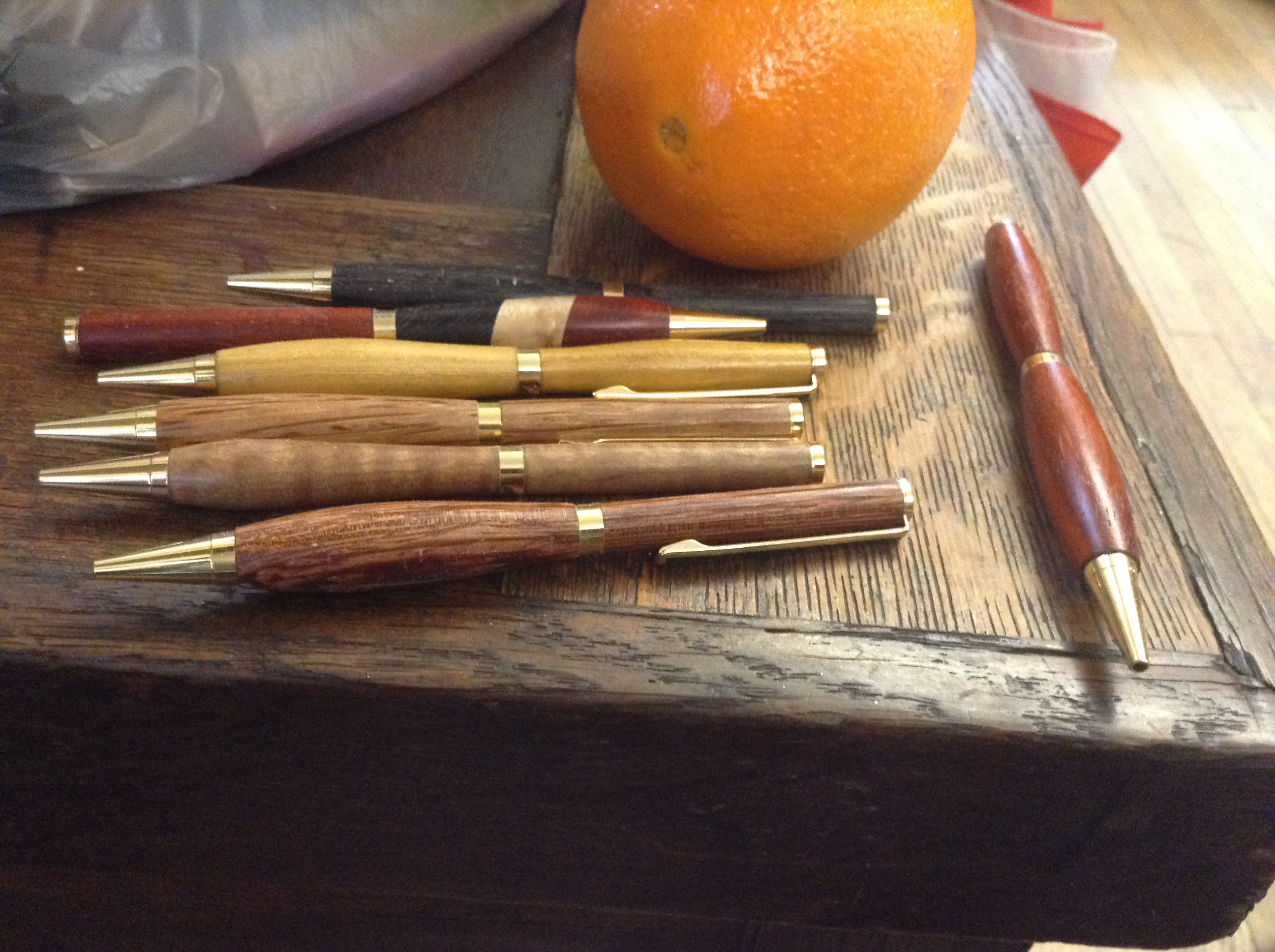
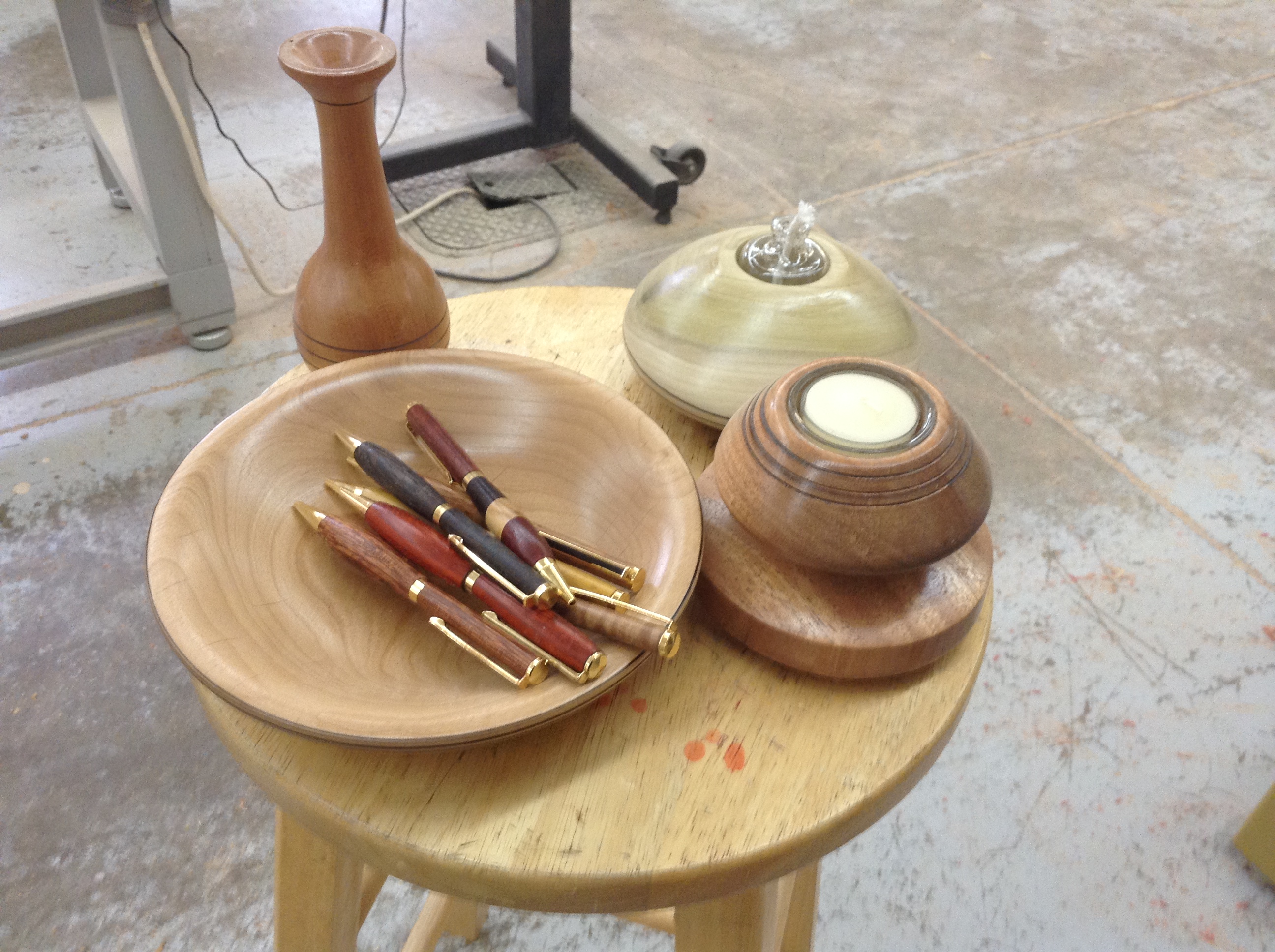
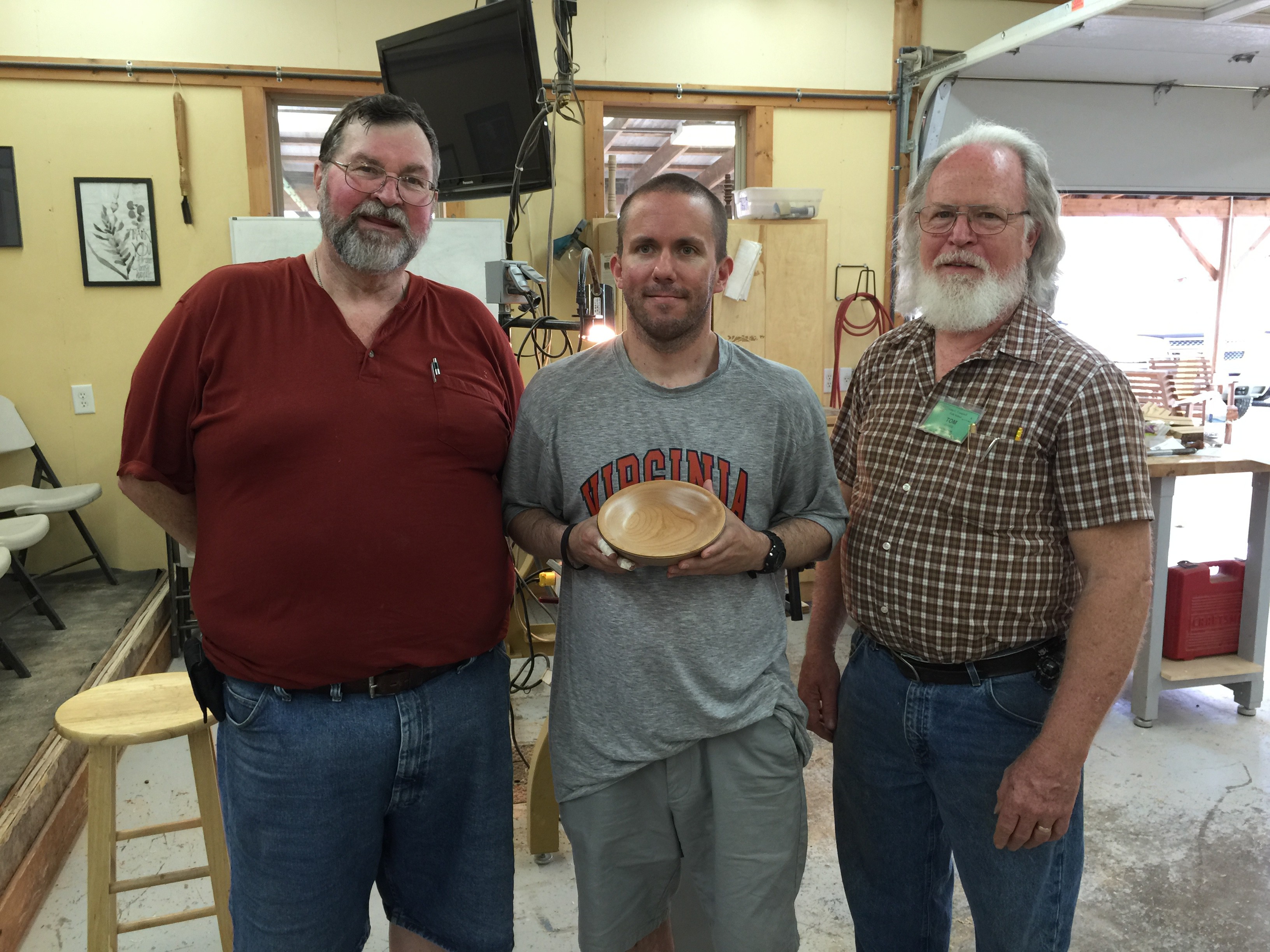







Lingering Questions
Apart from being a really fun experience during which I met many interesting people, I am still wrestling with what I learned, how I learned, and what it means for my conceptualization of learning. Why was I such a glutton for punishment? Why did I REALLY want to push through my frustrations? I was quite determined to “master” the tools and techniques. What was it that made me return well into the evening hours to continue working on a project? Grades weren’t a motivating factor nor was any type of continuing education credit. Why do K-12 and higher education classes engender no deep, longing motivation for me (at least the type of push that I had over the course of the week)? School seems stifling and flat but this experience, filed on the label of a school, was both fun and intrinsically arousing.
Why is education so blah and boring but my time at John Campbell Folk School so fulfilling?
I believe that there are a couple of reasons that shed some light on what made the John Campbell Folk School different from ordinary education.
- My goals were not grade-focused nor were they born out of a desire to please my parents and/or teachers. Simply stated, I wanted to create a product that I was proud to say that “Willy Kjellstrom made this.” Something that was beautiful and representative of my best efforts. How often is this the case when students write papers, produce presentations, or take tests? It’s hard to say a really motivating, intrinsic goal is an “A” or the approval of an authority figure. Rip away the grades or the approval of a loved one and I would bet that most students would perform below their current attainment levels in school situations.
- Choice played a role in this learning experience. I chose to take a course on woodturning and, with this decision, unconsciously accepted the frustration involved in the process of gaining any new knowledge. Working with wood was something that I have always wanted to do. How often do students have complete autonomy in determining what they learn from soup-to-nuts? Real choice. Sure, teachers might allow some degree of decision-making in terms of focusing on, let’s say, music or tools when studying what life was like during Colonial America. However, assessment and curricular objectives pre-determine that learning must center around Colonial America, and students have little say in this. It’s not the teacher’s fault but it is still stifling.
- Feelings of frustration were a part of the game from the outset. I had no preconceived notions that what I would be learning would be easy or come naturally. I knew that I would struggle mightily and that was alright. I also quickly realized that I would need to persevere and spend extra time in order to achieve my goals. Whenever I have engaged in schoolish activities, I automatically believed that I would succeed. When it arose, frustration would send me into a tizzy and begin to call into question my abilities and intelligence. I imagine this is the same for many students; prior success or failure predisposes individuals to react in a certain way when difficulties occur.
- Authenticity was neither faked nor contrived. All of what I learned built towards making a beautiful, finished product. I wasn’t spending time bolstering my understanding of discrete skills so that I could produce a theoretical object. I was doing something real with tangible, measurable touchstones that were clearly evident. Even the best learning scenarios in schools fall short in this realm of learning; the most progressive teachers have to drum up experiences that mimic the real world (PBL). It’s not their fault but a function of the educational system.
These realizations/insights don’t mean that I have any lasting, permanent answers for bettering schools or education. Perhaps working towards each of the points is a good first step. Maybe encouraging more vocational courses is another. I really don’t know. All I can say is this: The John Campbell Folk School is more like a real school than all of the fancy institutions that I have attended.
Related But Unrelated
The teachers and their students have a school-wide show-and-tell at the end of the week at John Campbell. As best as I can tell, the purpose of this event is to enable students to show-off what have they created as well as encourage people to return to take a different class.
There were many fascinating offerings during this event. One definitely caught my eye: Woodcarving. When I first sauntered up to the carvers’ display area, I was immediately drawn to the whimsical caricatures of men holding rolling boards and knives. As I circled around to see the sculptures from the side, I noticed a profile attribute that made me chuckle in the most inappropriate way. What do you notice?
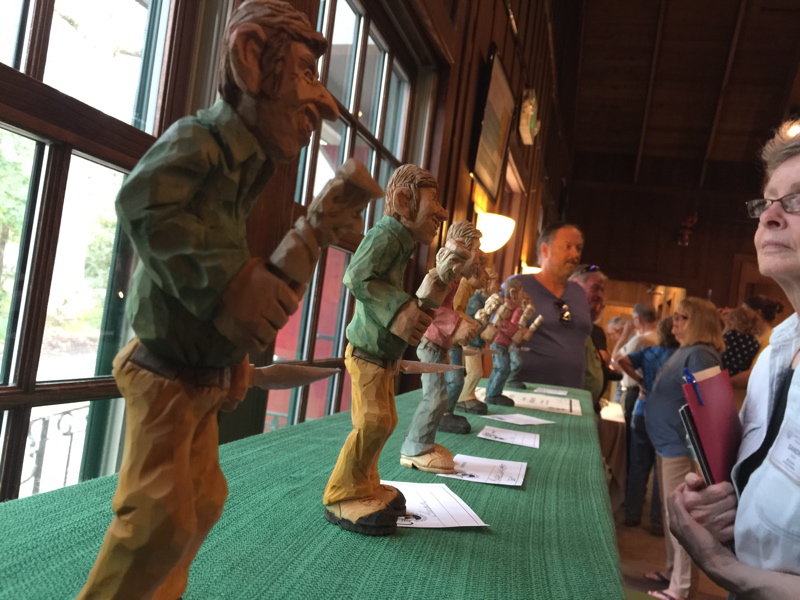


Mandy K.
Posted at 15:42h, 02 JuneWow, you were not only creating beautiful woodwork, you were also observing and exploring learning in a new way. A great week with many benefits, not the least being time spent with Mom (chuckle)!